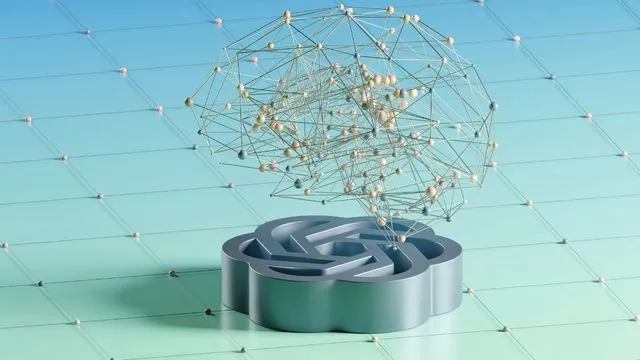- By Vikas Yadav
- Sat, 30 Mar 2024 12:20 PM (IST)
- Source:JND
After ChatGPT and Sora, OpenAI has now announced an AI model to generate synthetic audio output from a person's voice. The company shared insights into its latest 'Voice Engine', which can generate natural-sounding audio from a 15-second audio input that corresponds to the original speaker's voice. As per OpenAI, the model can create "emotive and realistic voices" based on the input.
The small-scale preview of Voice Engine dates back to 2022, and it is currently used in the text-to-speech API, ChatGPT Voice and Read Aloud. While the company is navigating the possible routes for the safe deployment of Voice Engine in the tech sector, the company is already testing the model with a "small group" of partners.
Based on the results, the use cases may include reading assistance, help in generating voice-over content and personalised responses. It can also serve people who wish to translate content into different languages while keeping the natural essence of the voice intact. OpenAI also cited examples of how it can help in reaching out to communities across different languages.
We're sharing our learnings from a small-scale preview of Voice Engine, a model which uses text input and a single 15-second audio sample to generate natural-sounding speech that closely resembles the original speaker. https://t.co/yLsfGaVtrZ
— OpenAI (@OpenAI) March 29, 2024
The AI company also stated that the company is partnering with key stakeholders to collect feedback. "We recognise that generating speech that resembles people's voices has serious risks, which are especially top of mind in an election year. We are engaging with US and international partners from across government, media, entertainment, education, civil society and beyond to ensure we are incorporating their feedback as we build," OpenAI said.
During the testing phase, the company noted it is adding safeguards such as watermarking, consent from the speaker before using their voice and clear demarcations that the output is AI-generated. Citing OpenAI staff Jeff Harris, TechCrunch reported that Voice Engine is trained using licensed and publicly available data. Meanwhile, The ChatGPT maker said in its blog post: "We are choosing to preview but not widely release this technology at this time."

